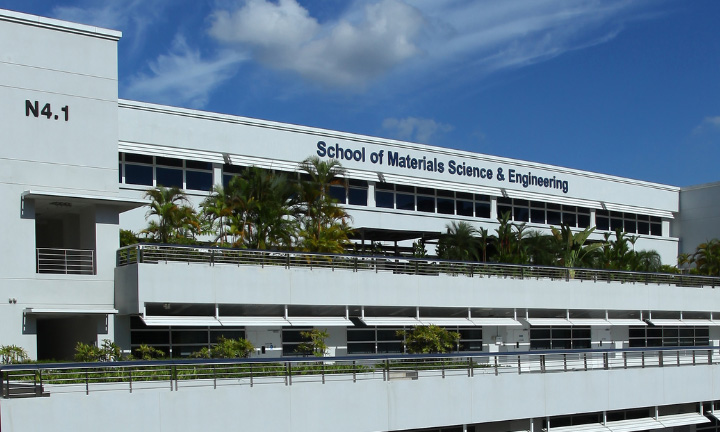Nano and Microrobots for Biofilm Eradication and Microplastics Remediation

15 Jul 2024
01.00 PM - 02.00 PM
MSE E-Learning Studio (N4.1-B2-02)
Alumni, Current Students
NTU MSE Seminar Hosted by Professor Cho Nam-Joon
Abstract
Microrobots are emerging as revolutionary tools in combating environmental pollution and biofilm-related health issues, focusing on removing nanoplastics from water bodies and eradicating biofilms that hinder medical treatments and device functionality. These tiny-engineered devices are designed to navigate challenges in healthcare and environmental preservation by directly targeting and disrupting the structure of biofilms to enhance treatment efficacy and adsorbing micro and nanoplastics to reduce aquatic pollution, respectively.
Highlighting the innovative designs and mechanisms of nano and microrobots, this discourse delves into their recent advancements and potential in addressing stubborn problems in biomedical and environmental fields. It explores the capabilities of these robots in delivering targeted therapies, improving antibiotic effectiveness, and collecting harmful plastic particles, offering insights into their future development and the challenges that lie ahead in fully harnessing their potential for sustainable solutions.
References
- Mario Urso, Martina Ussia & Martin Pumera, Smart micro- and nanorobots for water purification, Nature Reviews Bioengineering 2023, 1, 236–251
- C.C. Mayorga-Martinez, L. Zhang, M. Pumera, Chemical multiscale robotics for bacterial biofilm treatment, Chem. Soc. Rev., 2024,53, 2284-2299
- Mario Urso, Martina Ussia, Filip Novotný, Martin Pumera, Trapping and detecting nanoplastics by MXene-derived oxide microrobots, Nature Communications 2022, , 3573, DOI: 10.1038/s41467-022-31161-2
Biography
Professor Martin Pumera
Distinguished Professor Martin Pumera is a Head of Future Energy & Innovation Lab at CEITEC, Brno, Czech Republic and Director of Advanced Nanorobots Laboratory at Technical University Ostrava. He received his Ph.D. at Charles University, Czech Republic, in 2001. After two postdoctoral stays (in the United States and Spain), he became a tenured group leader at the National Institute for Materials Science, Japan, in 2006. In 2010 Martin joined Nanyang Technological University, Singapore, where he worked as a tenured professor for almost a decade. Prof. Pumera has broad interests in nanomaterials and microsystems, in the specific areas of electrochemistry and synthetic chemistry of 2D nanomaterials, nanotoxicity, micro and nanomachines, and 3D printing. He has been recognized as a Highly Cited Researcher by Clarivate Analytics in 2017 - 2021. He published over 900 papers which received more than 70,000 citations. Martin's h-index is 124. Martin has supervised over 70 postdoctoral associates, 30 PhD students. Martin takes pride that 21 group members became faculty members at the Universities around the World, from Spain to Singapore. Total funding Martin received as PI is over 30 M EURO. Prof. Pumera is the Editor-in-Chief of Appl. Mater. Today (IF 8.6) and serves on the editorial boards of ACS Nano, Small, Chem Eur J, Electrochem Commun, ChemElectroChem, Electroanalysis and other journals.
Professor Martin Pumera
Central European Institute of Technology, Brno University of Technology, Czechia.

